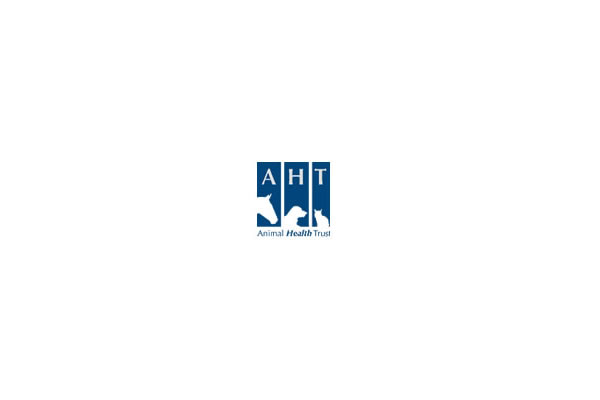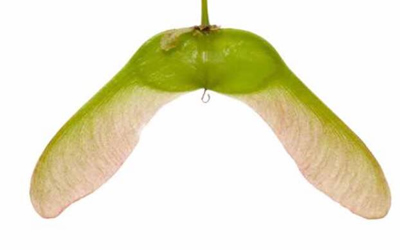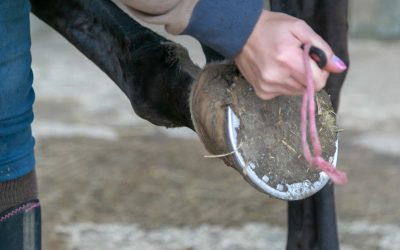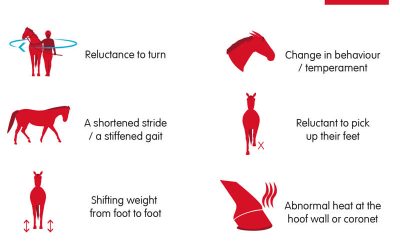Just a quick heads up to our clients living in areas with sandy soil such as the Isle of Axholme. We have had a increase in the number of sand colics our vets have been diagnosing.
Sand colics result from the build up of sand in the intestines. Horses don’t intentionally eat sand but with the indifferent weather causing barer pastures, they may be ingesting sand clinging to the roots of grass or grazing very low.
Sand can irritate the intestines as it moves along causing diarrhoea and weight loss, whilst a chronic build up can result in impactions or severe inflammation, presenting as colic.
A simple way to test if your horse is ingesting sand is via sediment test.
(Collect a faecal sample in a rectal glove, plastic bag or bucket. Add water and mix the contents. As sand is heavier than manure it will settle at the bottom)
Please see the following photos taken by Damien whilst attending a horse with colic in Epworth. The mare presented with signs of intermittent low grade colic (laying on ground and off its food). A rectal examination found evidence of sand in the faeces whilst the sediment test found evidence of a large amount of sand.
Sand accumulation can be treated by feeding the horse fibrous products such as psyllium which swells and picks up the sand as it moves along the tract. Severe cases may need surgical intervention.
Thankfully the mare was successfully treated via stomach drenching with fluids, electrolytes and psyllium.
The owner was advised to make management changes to reduce sand ingestion such as grazing longer pastures and feeding hay off the ground.
Regular sampling and testing was encouraged.
Please feel free to contact the clinic on 01977652280 if you would like to know more information.
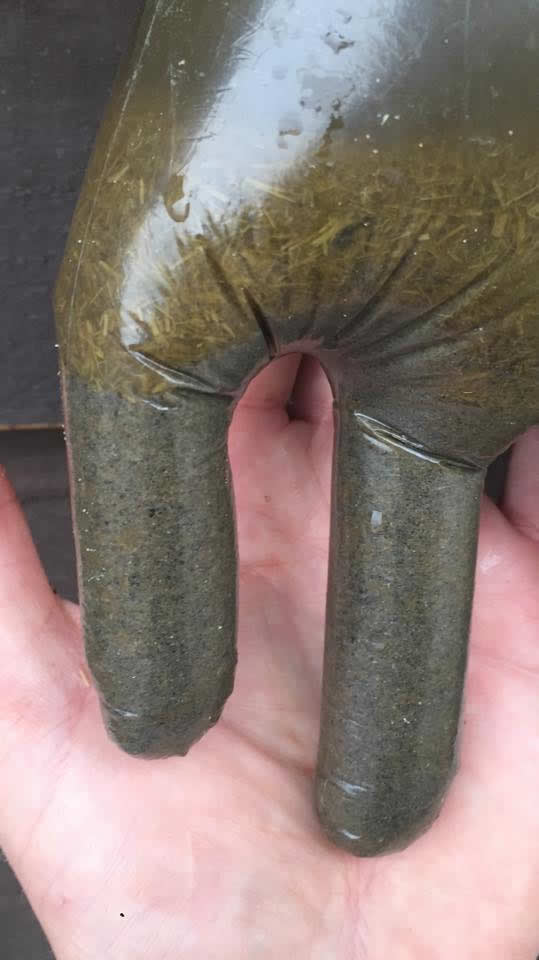
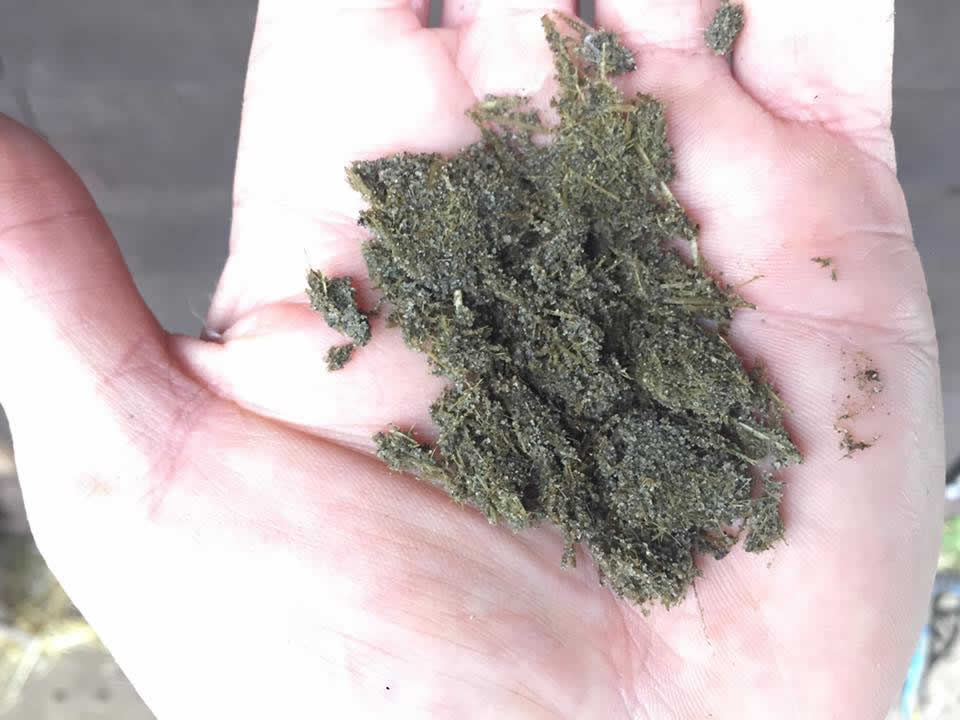
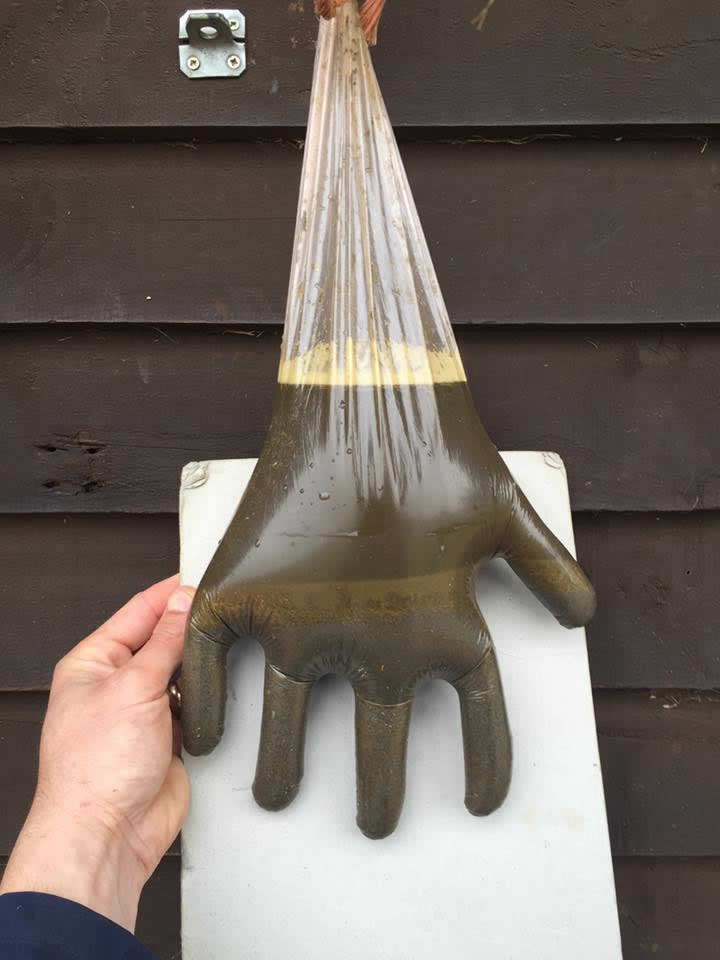
Sycamore Poisoning and Atypical Myopathy
Pasture Management of Acer seedlings in the prevention of atypical myopathy (sycamore poisoning) from hypoglycin A (HGA) toxin in horses
Winter Care Tips Feet
Constant standing around in mud can compromise the health of your horse’s feet. Ensure feet are picked out daily. It may be necessary to bring some horses in each day to allow feet to dry out. Overreach boots may become a necessity to prevent loss of shoes in sticky...
LAMINITIS WARNING FROM VETS ACROSS UK
A very useful warning from our friends The British Horse Society
Equine Veterinary Centre
 Equine Veterinary Centre
Equine Veterinary Centre
Gap Farm
Moorhouse
Doncaster
DN6 7HA




